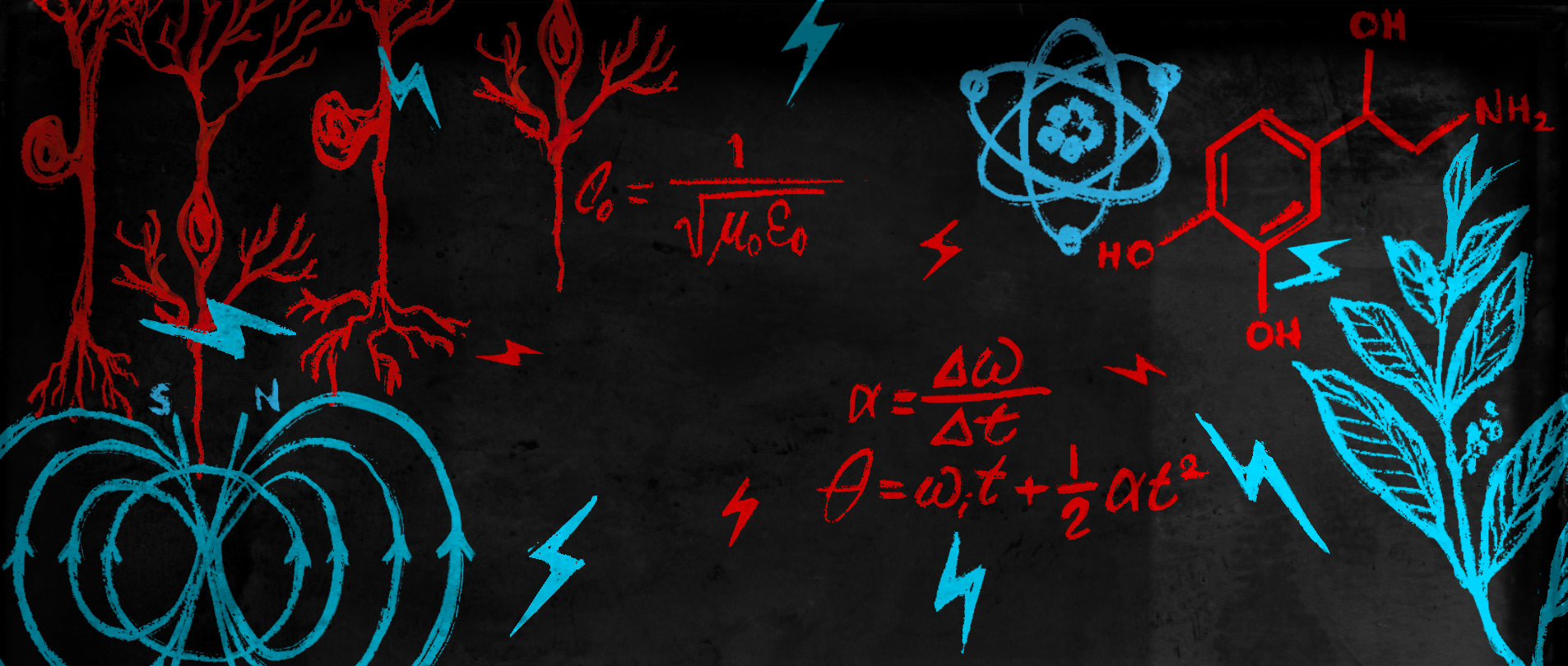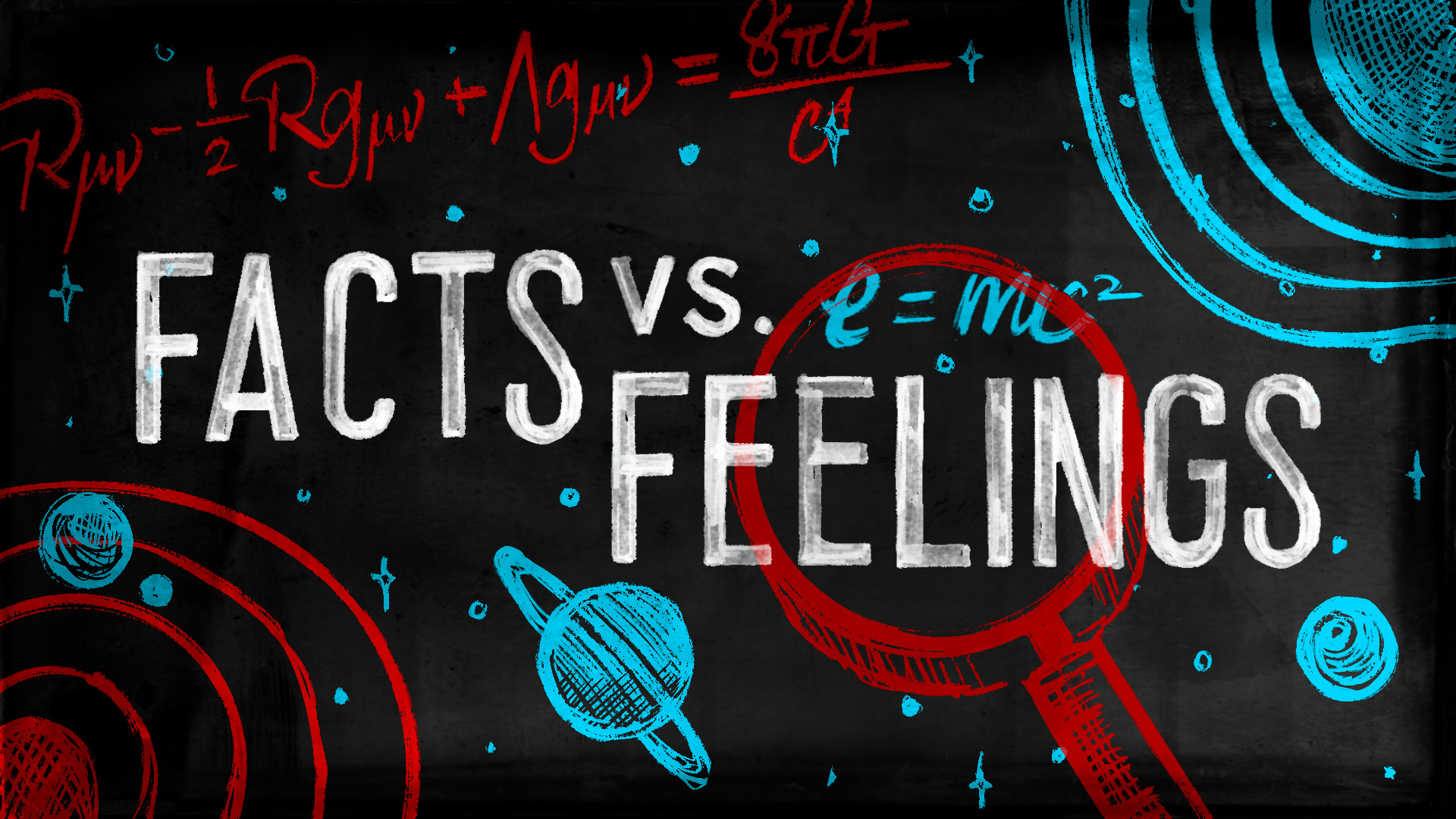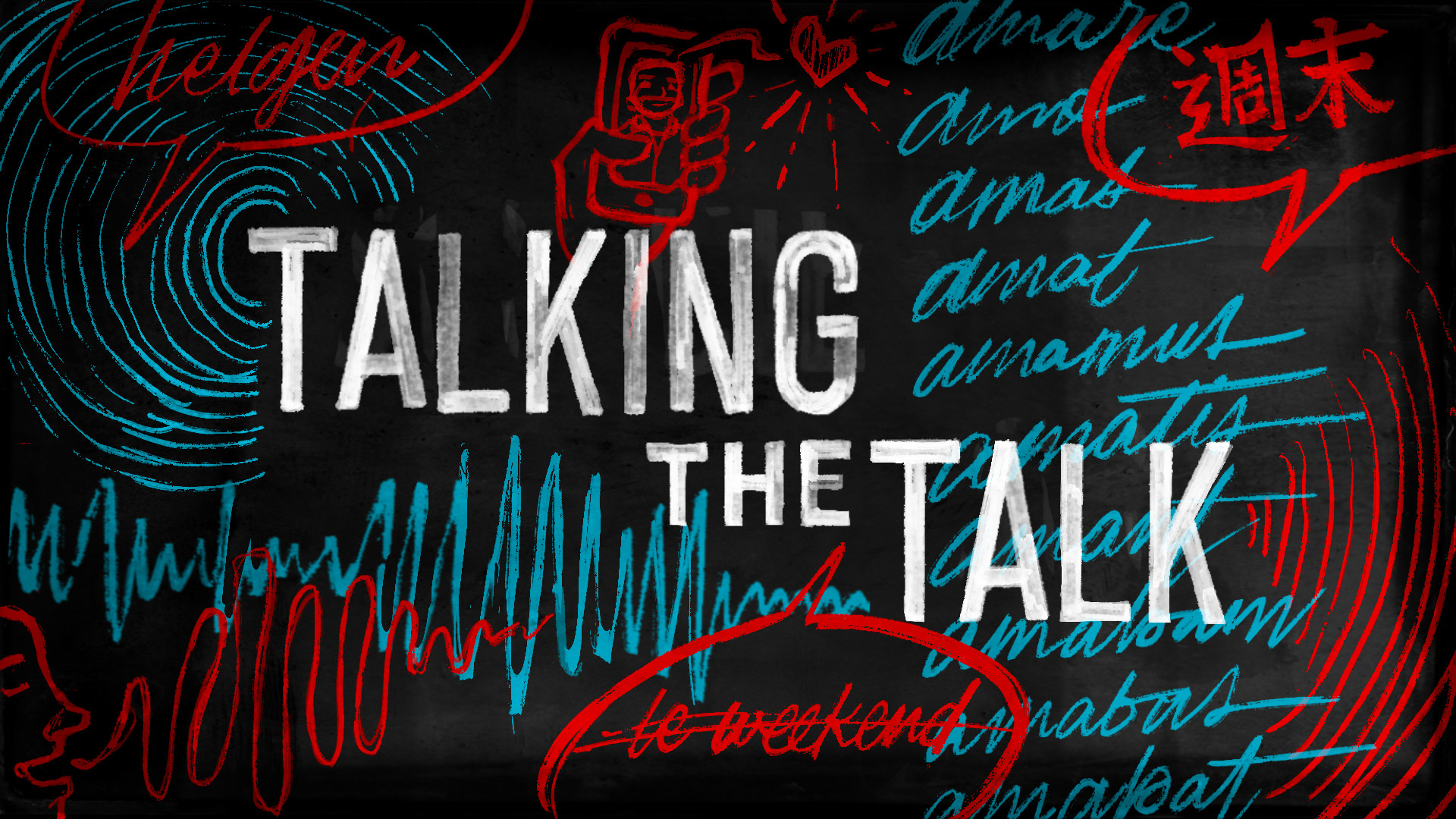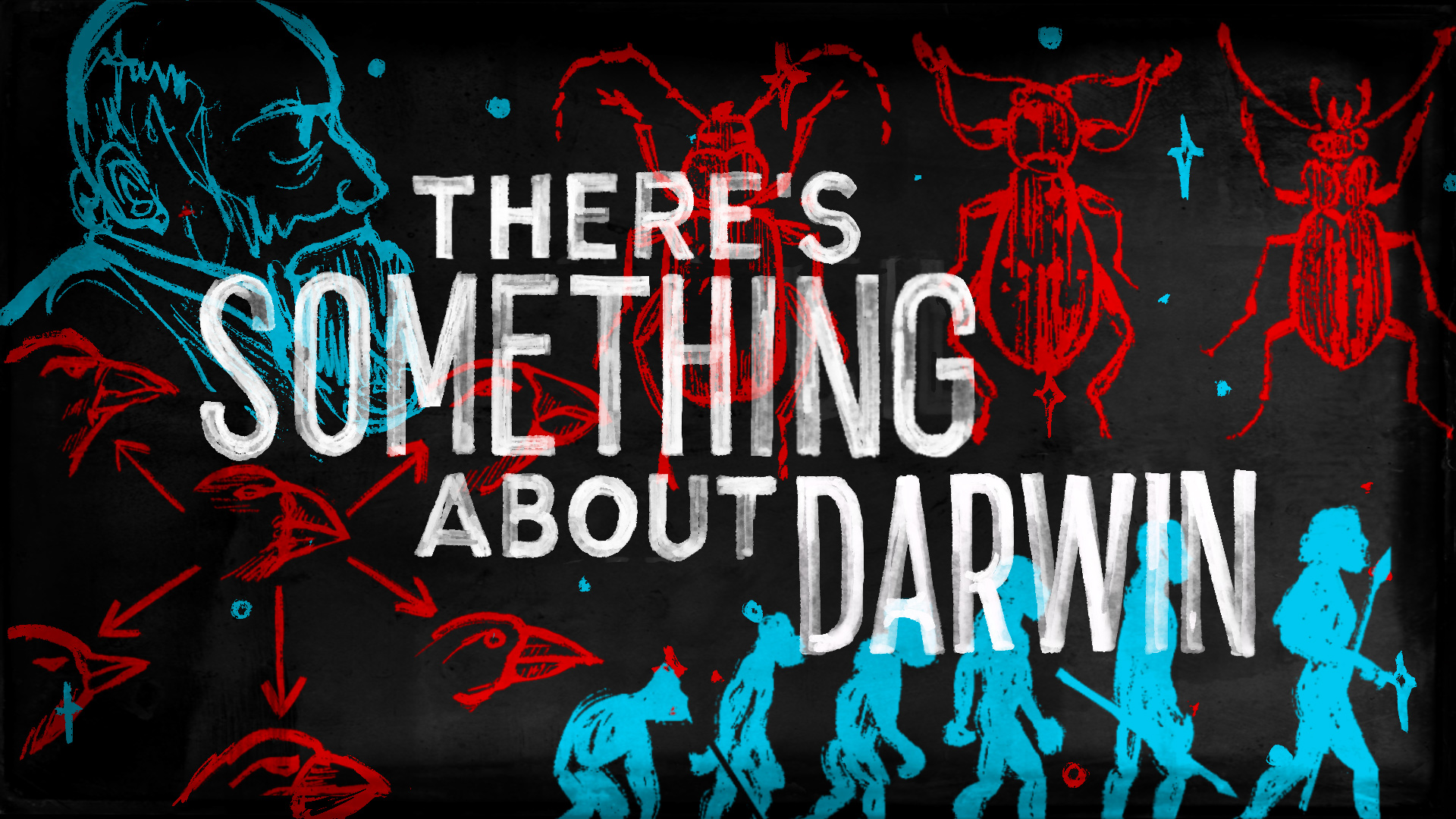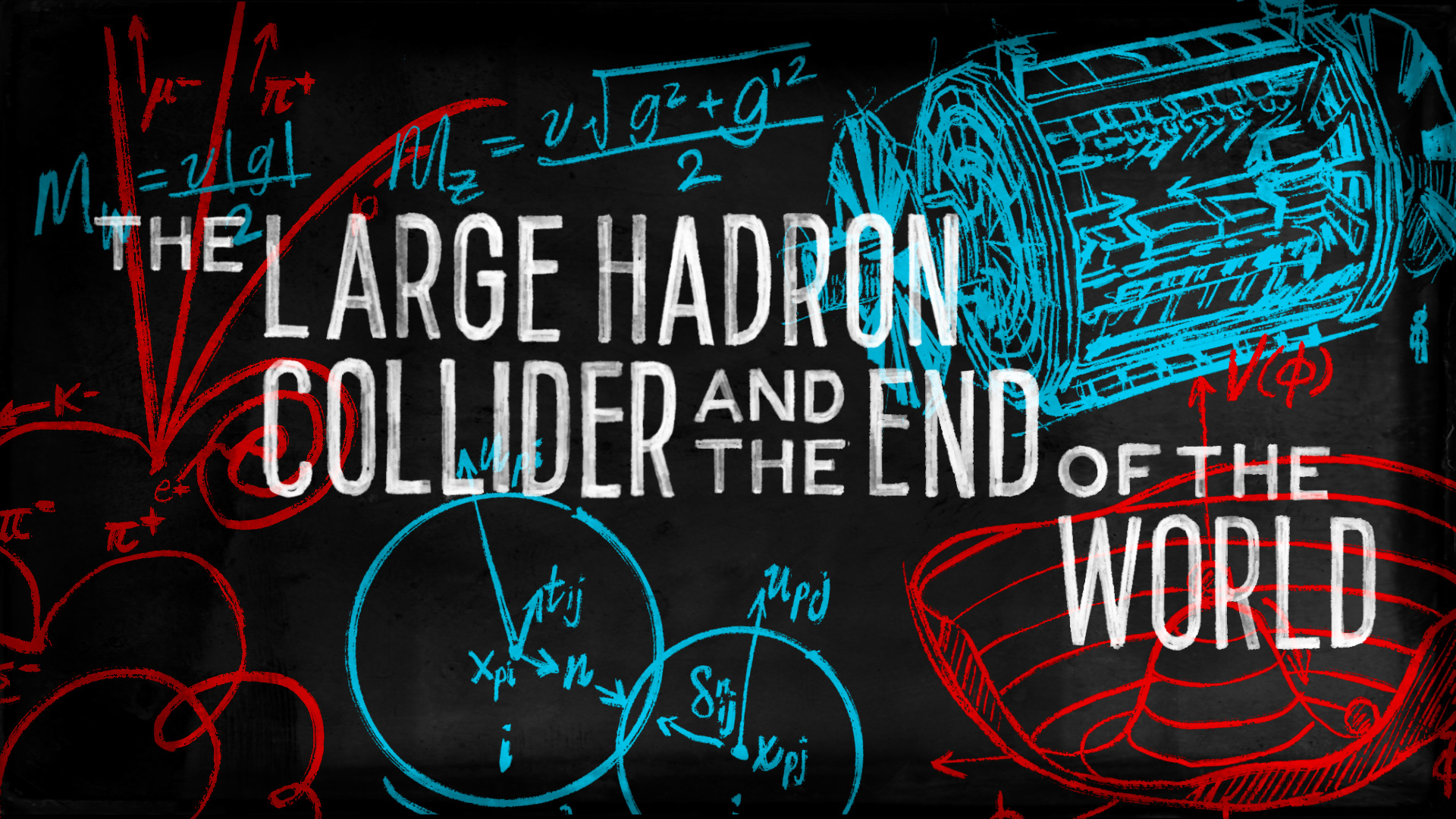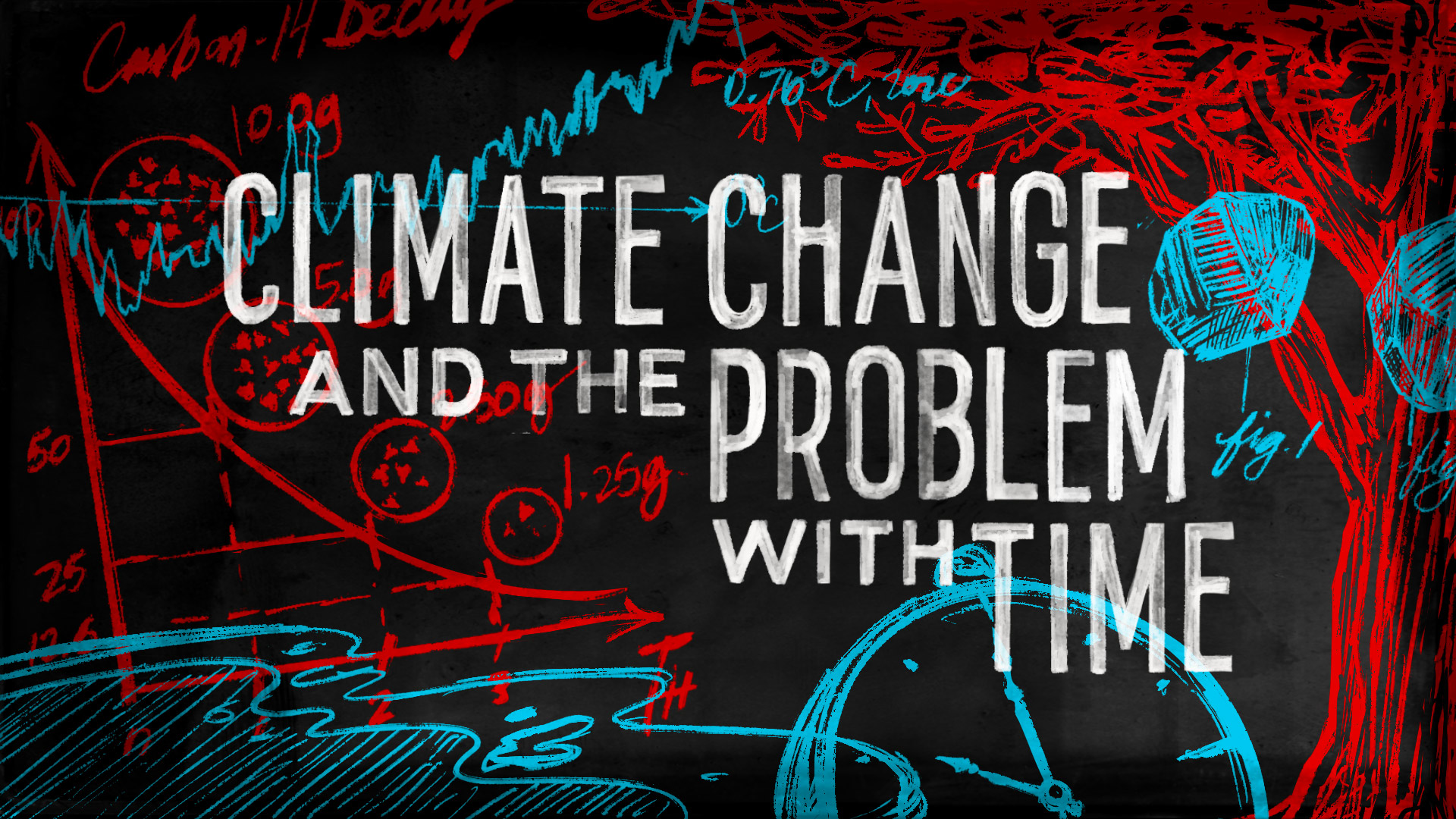
Season 3 explores scientific ideas that cause big reactions. We’ll look at stories of science getting knocked around and standing back up again, in a world full of polarization, politics, misrepresentation, and simple misunderstanding.
Listen to In These Times here. Subscribe to the Omnia Podcast by Penn Arts & Sciences on Apple Podcasts, Stitcher, Spotify, or wherever you listen to your podcasts.
Episode 1 | Facts vs. Feelings
In this episode, we’ll hear from a particle cosmologist, along with a scholar of religion and science, on what makes people feel the way they do about scientific information and why it’s so hard to communicate about science.
Episode 2 | Talking the Talk
In this episode, we talk to a linguist about why some people resist changes to the way people speak (hint: it has nothing to do with being correct).
Episode 3 | There’s Something About Darwin
In this episode, we’ll hear from a philosopher of science and an evolutionary biologist on what it is about Darwinian evolution that has made it a poster child for science denial, and why it’s important to understand the facts.
Episode 4 | Your Brain on Drugs
In this episode, we’ll hear from a psychology professor about the search for better brains and its ethical, legal and societal implications, and what science fiction can tell us about the future.
Episode 5 | Better Living ... Through Chemistry?
In this episode, a chemist explains chemistry’s public relations problem, and why we need to put our faith in chemistry now, maybe more than ever.
Episode 6 | The Large Hadron Collider and the End of the World
In this episode, a physicist looks back at the concerns that swirled around the launch of high-energy particle collision experiments like the Large Hadron Collider.
Episode 7 | Climate Change and the Problem With Time
In this episode, we talk to an oceanographer, a geophysicist, and a historian about the challenges to understanding the Earth’s 4.6 billion year history, and how our actions in the present impact a future we can only imagine.


